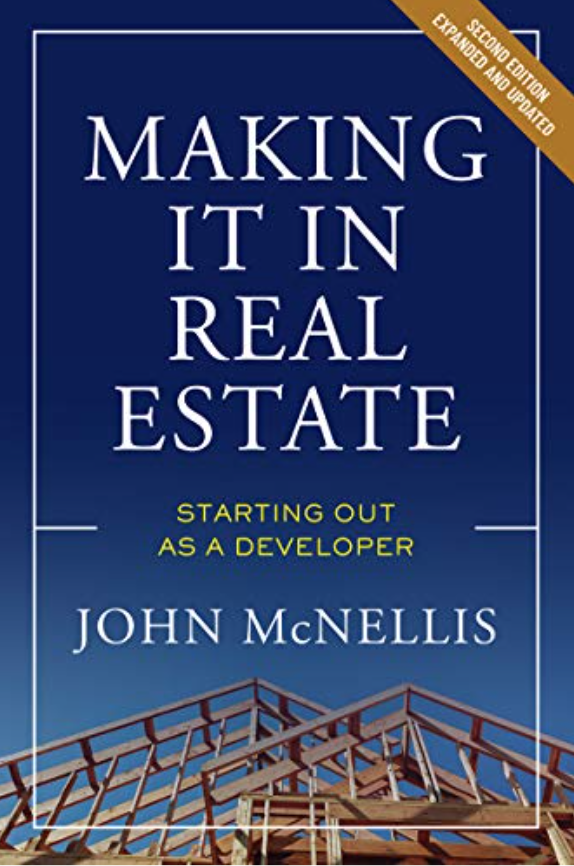In May 2017, The Real Deal ran a cover story entitled, “Retail is F*cked.” While snarkier than its mainstream competitors, it encapsulated the prevailing sentiment of the day, that all that remained for traditional bricks & mortar retail was for the doctor to call its time of death, no doubt by text.
Apparently unaware of the demise of old school retail, Amazon has just announced several new forays into bricks & mortar. Last week, it said it would open a general store in New York City that will sell toys, household goods and other top-selling items on its website. Two weeks ago, Amazon announced plans to open 3,000 Amazon Go stores by 2021. The hook is that these convenience food stores will have no cashiers. Rather, to record your every touch (if not your secret yearning for Cheetos), each store will have more sensors, cameras, computer vision and AI than a Navy drone over Aleppo. About the size of a typical 7-11, the few Go stores already in operation sell pre-packaged, prepared food and limited grocery items.
Upon seeing this announcement, the business press genuflected at the altar of Amazon, delighting in the idea of a clerk-free world, of shopping in the canteen of the starship Enterprise. They reported that Amazon’s eyes in the sky system—let’s call it “Total Shopper Surveillance”—will cost upwards of a million dollars a store to install, but failed to question whether this additional outlay would place Amazon at a competitive disadvantage in the saturated world of convenience stores. Is the typical wait for a cashier so long that you would pay that much more for milk and eggs (enough to amortize $1 million) to avoid it. Put another way, admit you occasionally run into a 7-11 and ask yourself if you’ve ever been in a line of more than a couple minutes.
If 7-11 and its myriad competitors already have the most convenient locations (they do) and Amazon rushes in but can only find locations a block or two off Main & Main, will you spend more time walking those two blocks than you would awaiting the cashier?
Or, assume that the free world will delight in undergoing a daily MRI for the sake of saving sixty seconds. How long would Amazon keep that competitive advantage? How soon would it be before 7-11, Circle K and every other major C-store player turned on the cameras and punted their clerks? To this point, a San Francisco based start-up, Zippin, announced last week that it is developing its own version of TSS for sale to supermarkets far and wide.
Given the company’s undoubted genius, Amazon must be aware of the challenges of building a 3,000 store chain from scratch, and its press release could be a sly way of announcing that it’s in the market to acquire and aggregate convenience store chains totaling a few thousand units.
But, whether built ground-up or acquired by merger, having 3,000 wickedly-expensive convenience stores for the sake of running convenience stores makes little sense for the company. On the other hand, having 3,000 convenient locations to which its e-commerce shoppers must drive to fetch their Prime packages makes a world of economic sense. In a stroke, requiring the Amazon faithful to pick up their own damn packages would solve the costliest problem bedeviling e-commerce, that of the last-mile of delivery. If Amazon could announce that it would continue delivering to your home, but at that delivery’s real cost (say, $12) or that you could save that money by hitting its Go store a couple miles away, the well-off or foolish might continue with home delivery, but everyone else would find a way to Go, and Amazon could at last make money in e-commerce.
Rather than concluding that clerk-less shopping will be the greatest thing to hit retail since the Sears & Roebuck catalogue, the media might have realized the announcement’s broader significance: Short of a full page announcement in the Wall Street Journal, Amazon just did everything it could to confirm that not only is traditional retailing alive and well today, but that, combined with on-line shopping, it is the future of retail tomorrow.
Despite this, it will be a cold day in Riyadh before The Real Deal and the rest of the media that gloried in retail’s death will admit, “We were f*cking wrong.”


